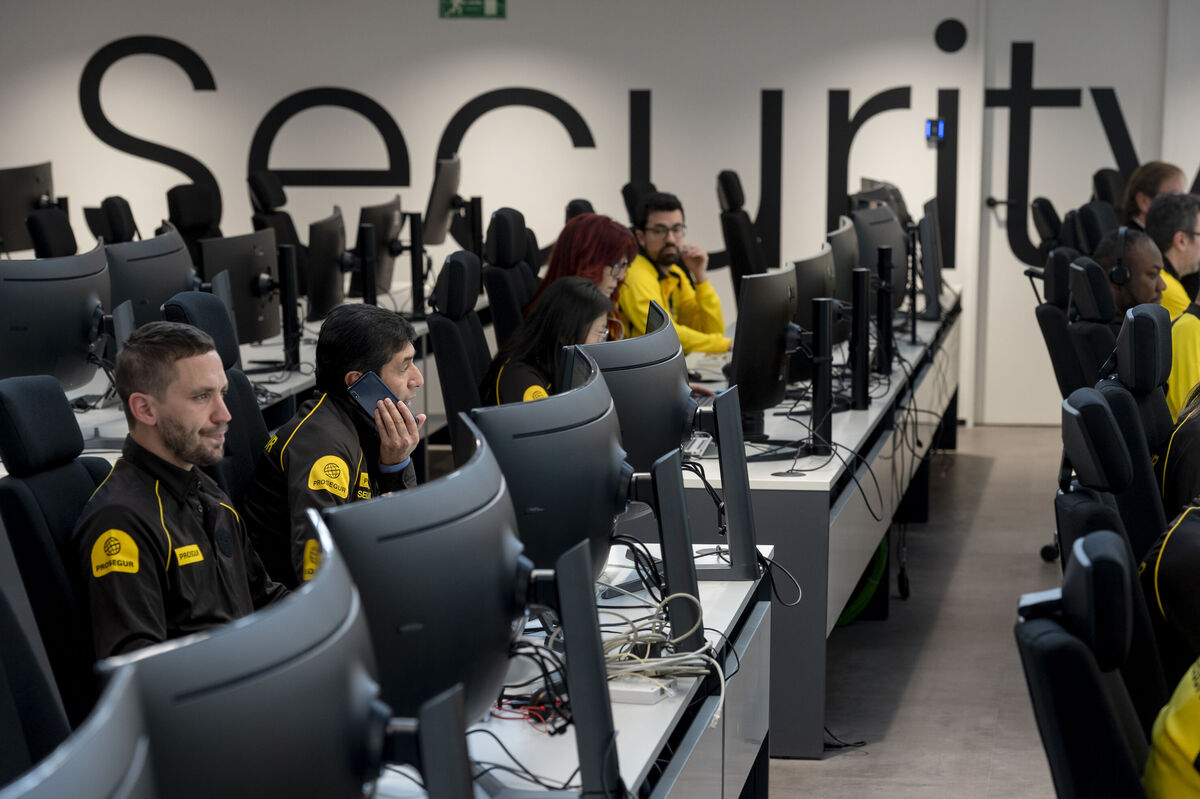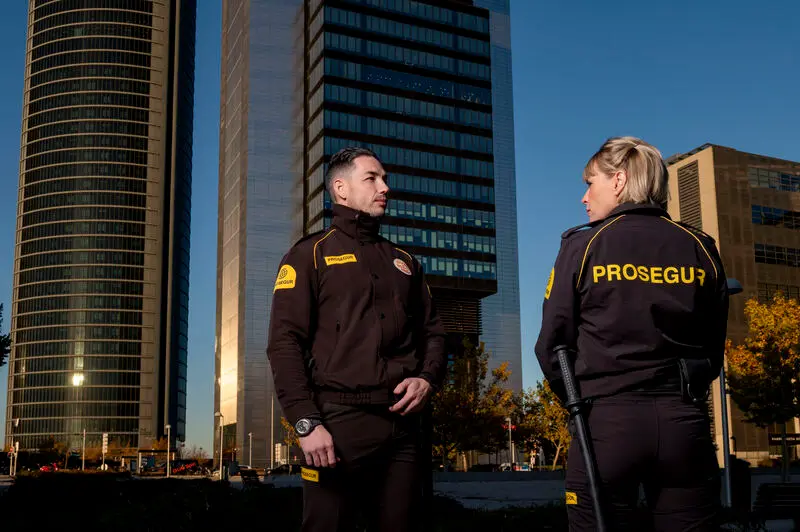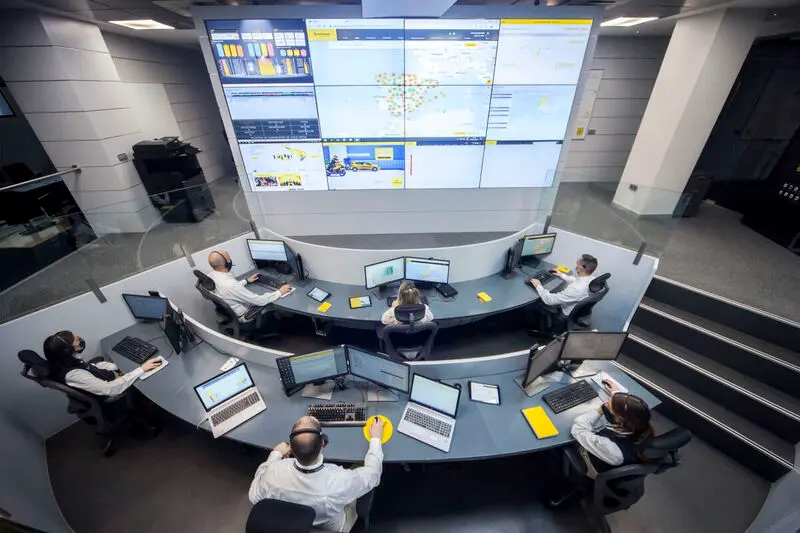Technology, knowledge and aptitude: the center of Prosegur’s security personnel training
%20(1)%20(2).jpg)
Gonzalo García Hernández, Training and University Manager at Prosegur, sums up Prosegur’s philosophy: "Our company, which is one of the leading employers in Spain, has been offering stable, quality employment for many years, as well as ample opportunities for career development and promotion."
For Prosegur, training the public face of the company, its more than 20,000 security guards, is a priority. "We are always looking for these kinds of professionals," adds Óscar Blázquez, Director of Selection, Training and Development, "but the market does not always meet demand, so periodically we launch recruitment campaigns for people with suitable profiles and we then train them to ensure they have the necessary accreditations to carry out security work."
There are two ways to become a security guard in Spain, explains Blázquez. "The first consists of 180 hours of specific training followed by an exam coordinated by the Ministry of the Interior, which also includes physical tests". Candidates who complete this route obtain a permit known as a TIP in Spanish (professional identity card), which is essential to practice the profession.
Our company, which is one of the leading employers in Spain, has been offering stable, quality employment for many years, as well as ample opportunities for career development and promotion.
The second access route, "similar, but with certain differences", says García Hernández, "consists of a 290-hour course plus 40 hours of on-the-job training, after which the TIP can also be obtained". Prosegur has a team of in-house trainers who offer both options. In addition, as Blázquez points out, "the company also uses the services of external trainers, but always with the maximum guarantees, as this is a highly regulated sector that requires knowledge and experience."
%20(1).webp)
A path of continuous improvement
After undergoing basic training, "guards may require additional development and customized knowledge to adapt to the characteristics and needs of each specific service, explains Blázquez." The Spanish Ministry of the Interior recognizes 14 different private security specialties: "Logically, working at a sporting event is not the same as guarding an industrial estate or riding a motorcycle to resolve an incident after an alarm has been triggered. There is a very broad spectrum of possible security services, and each of them has its own requirements and specific training needs."
Once they have undergone basic training and then formation in their specialist area, Blázquez explains that security guards "must undergo a minimum of 20 hours training a year". To this essential process of adaptation and continuous learning must be added, as García Hernández explains: "the complementary training of those dedicated to tasks such as cybersecurity or working for clients in sectors such as healthcare or critical infrastructures."
Equally, as Blázquez notes, "increasingly, security work has more to do with knowledge and aptitude and less to do with the use of force. This means acquiring a wide range of skills and abilities in areas such as conflict management, fire protection, the use of defibrillators, data analysis and management technologies."
.webp)
More knowledge, more specific skills
In total, as Blázquez and García point out, there are "between 60 and 70 different subjects, some of them to do with surveillance, while others are focused on interpersonal communication, psychology, respect for diversity or customer service, given that a large part of our operational staff is face to face with the public." The figures give a fairly accurate picture of the importance of training at Prosegur: in Spain, more than 470,000 hours of training were given to operational personnel in 2022, of which around 70% were classroom-based, and the rest distance learning.
García adds that the cost of training increases year after year, as a result of "Prosegur's commitment to a cutting-edge private security model based on three pillars: technology, data and highly qualified personnel". This hybrid security strategy means that guards are increasingly receiving detailed training in "artificial intelligence or management of video surveillance devices and data processing."
You can enter as an operational assistant, carrying out tasks of assistance to the guards while we are training you, and then go on to obtain your corresponding TIP.
One of the main incentives for joining Prosegur, says Blázquez, is that "this company takes training very seriously and offers a future". García adds: "you can enter as an operational assistant, carrying out tasks of assistance to the guards while we are training you, and then go on to obtain your corresponding TIP. From there it is possible to progress on to become a team leader or service manager, and there is also the possibility of continuing training to gain access to some of the positions as structural personnel that we periodically offer as internal promotion."
Prosegur offers its security staff the chance to enter a virtuous cycle: “if they have the right profile, show interest and continue training, the company is committed to them and ensures that they can pursue a career,” concludes Blázquez: "more and more men and women who started out as security guards have followed this path of self-improvement and professional progress to reach senior positions in the company."
%20pr.jpg)
.jpg)
.jpg)
.webp)

